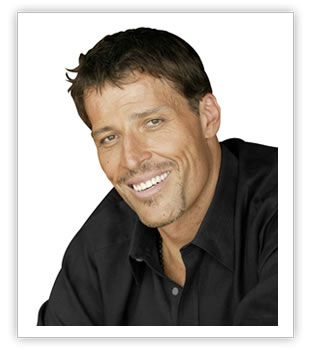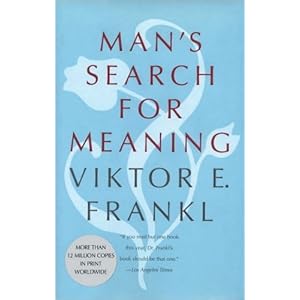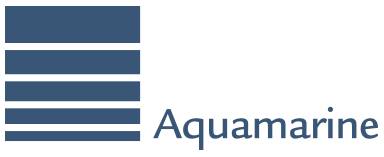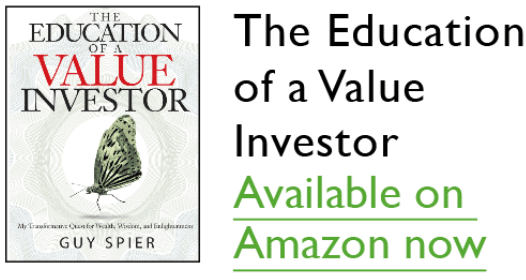A number of my friends have recently been dealing with adversity, and I had a long conversation today with someone on the topic. I promised to do a write-up of the resources that I mentioned in the call, and this is it.
1. Marcus Aurelius: This is the same dude who appears in the beginning of the movie, Gladiator and who was strangled by his own son. The real life Marcus Aurelius was a great conqueror, emperor of Rome, and leader of men. His book, Meditations is an exposition of Stoic Philosophy. Important takeaways for me are that we should be accepting of adversity because it is only way that we can prove our virtues. Otherwise, they are just theoretical. In another part, he exhorts his generals not be disheartened at the challenges that face them – because facing up to challenges is what we were made for.
2. Viktor Frankl is the next resource. In his book, Man’s search for meaning, he asks why some people survived the Nazi death camps so much better than others. The finds the answer in the meanings that the prisoners attached to their experience. His bottom line: Suffering in life is inevitable and in many cases, unavoidable. But the meaning that we attach to that suffering is a personal choice that likely will make all the difference.

4. Bernie Siegel taught me that an important key to dealing with adversity in life is to find, and connect up with people who are natives to the territory. Alcoholics Anonymous is a structured example of this, but the right support group might be from an unexpected source. Siegel deals primarily with people who get cancer, but the lessons are applicable in many circumstances.








